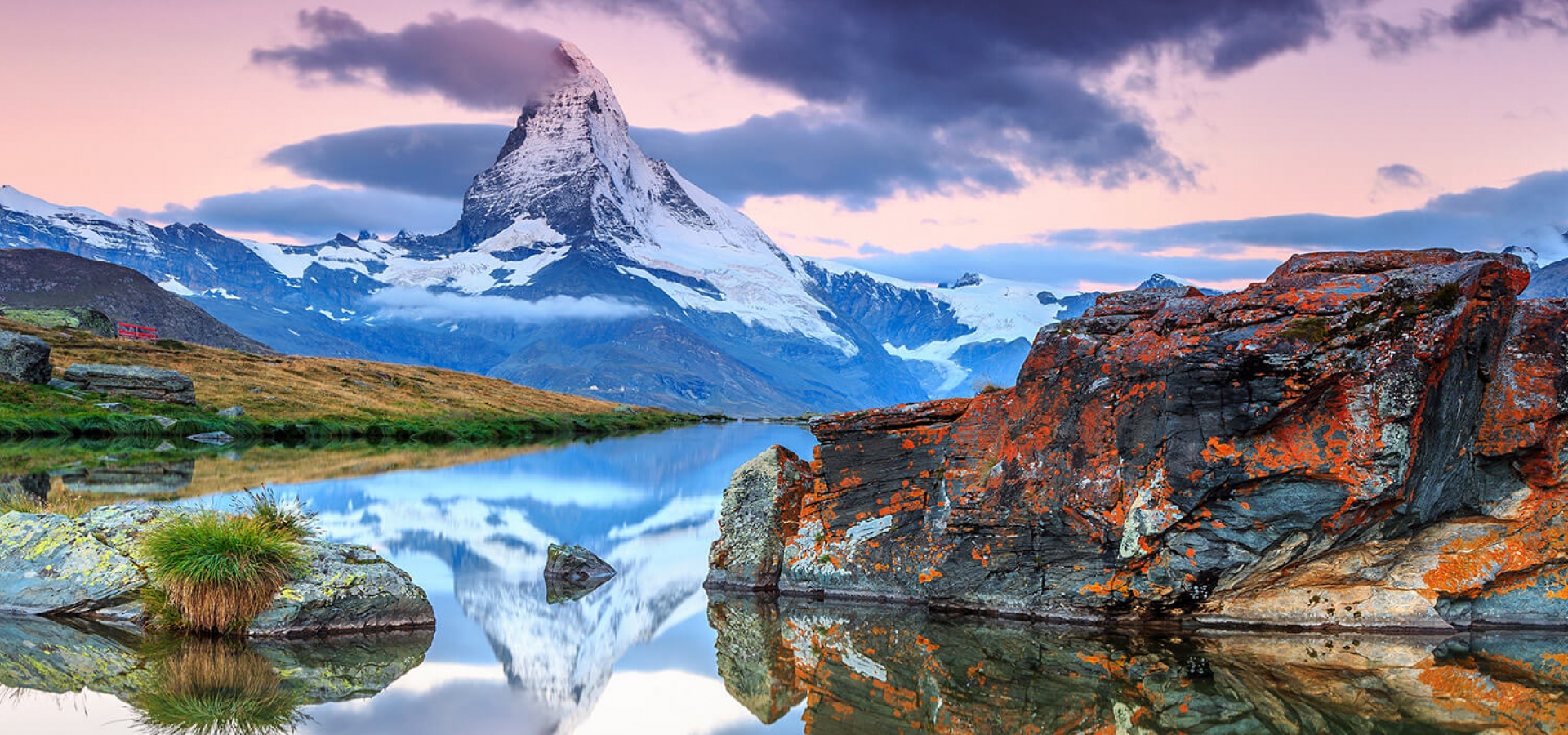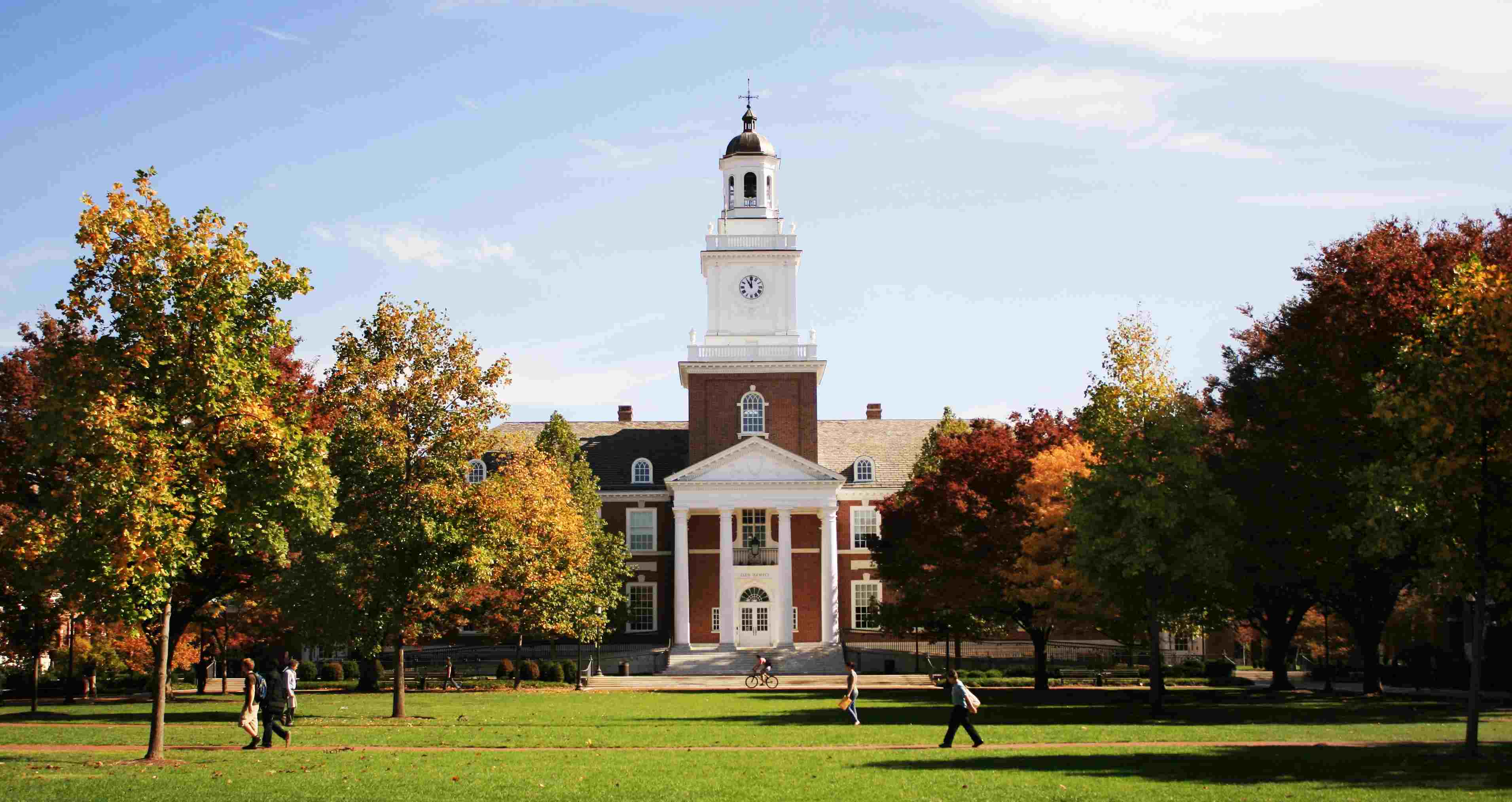
Switzerland, a picturesque country nestled in the heart of Europe, is known for its stunning landscapes, rich history, and renowned quality of life. With its majestic mountains, serene lakes, and charming cities, Switzerland offers a unique blend of natural beauty and cultural heritage. From the snowy peaks of the Swiss Alps to the tranquil shores of Lake Geneva, this fascinating country has a lot to offer.
But Switzerland is not just about scenic beauty. It is also famous for its precision engineering, luxurious watches, delicious chocolates, and efficient public transportation system. In addition, the country boasts a high standard of education and healthcare, making it one of the most sought-after destinations for both tourists and expatriates. If you are planning a trip to Switzerland or simply want to learn more about this enchanting country, get ready to immerse yourself in these 43 captivating facts about Switzerland.
Key Takeaways:
- Switzerland is a stunning country known for its beautiful landscapes, delicious chocolate, and precise watchmaking. It offers a high standard of living and a safe environment, making it a top destination for nature lovers and adventure seekers.
- With its efficient public transportation, vibrant cultural scene, and rich heritage, Switzerland is a paradise for cheese lovers, outdoor enthusiasts, and luxury shoppers. It’s a land of innovation, invention, and breathtaking experiences for people of all ages.
Switzerland is known for its breathtaking landscapes.
With its majestic Alps, sparkling lakes, and picturesque villages, Switzerland is a paradise for nature lovers.
Switzerland is a landlocked country located in central Europe.
Surrounded by France, Germany, Italy, Austria, and Liechtenstein, Switzerland is at the crossroads of Europe.
Switzerland is famous for its chocolate.
The Swiss have perfected the art of chocolate-making, producing some of the world’s finest chocolates.
Switzerland is home to many international organizations.
The headquarters of the International Red Cross, World Health Organization, and many other organizations are located in Switzerland.
Switzerland has a high standard of living.
It is known for its excellent healthcare system, quality education, and high wages.
Switzerland is renowned for its watches.
Swiss watches are synonymous with precision, luxury, and craftsmanship.
Switzerland has four official languages.
German, French, Italian, and Romansh are the official languages, depending on the region.
Switzerland is famous for its efficient public transportation system.
The Swiss take pride in their punctual trains, trams, and buses that connect even the remotest corners of the country.
Switzerland is a neutral country.
It has maintained its neutrality for over two centuries, making it a hub for diplomacy and peace negotiations.
Switzerland is known for its ski resorts.
With its powdery slopes and well-groomed trails, Switzerland attracts skiers and snowboarders from around the world.
Switzerland has a direct democracy system.
Citizens have the power to vote on major issues and propose changes to the constitution.
Switzerland is famous for its Swiss Army knives.
These versatile tools are known for their practicality and durability.
Switzerland is one of the wealthiest countries in the world.
Its strong economy, banking sector, and high per capita income contribute to its wealth.
Switzerland has a low crime rate.
It is known for its safe and secure environment, making it an ideal place to live.
Switzerland is home to numerous beautiful lakes.
Lake Geneva, Lake Zurich, and Lake Lucerne are just a few examples of the stunning lakes in Switzerland.
Switzerland is famous for its cheese.
The Swiss have mastered the art of cheese-making, producing varieties like Emmental, Gruyère, and Appenzeller.
Switzerland is a haven for outdoor activities.
Hiking, cycling, paragliding, and mountain climbing are popular activities enjoyed by locals and tourists alike.
Switzerland is known for its efficient and reliable banking system.
Swiss banks are known for their confidentiality and stability.
Switzerland is home to many international watch brands.
Brands like Rolex, Omega, and TAG Heuer have their roots in Switzerland.
Switzerland is famous for its exquisite Swiss chocolate.
Brands like Lindt, Toblerone, and Nestlé originated in Switzerland and are beloved worldwide.
Switzerland is a peaceful country.
It consistently ranks high in global peace indexes.
Switzerland is known for its efficient public healthcare system.
All residents have access to quality healthcare, ensuring their well-being.
Switzerland is a popular destination for adventure sports.
From skiing and snowboarding to mountain biking and white-water rafting, Switzerland offers a wide range of thrilling activities.
Switzerland is famous for its numerous UNESCO World Heritage Sites.
The Old Towns of Bern and Zurich, as well as the Jungfrau-Aletsch-Bietschhorn Glacier, are among the country’s treasures.
Switzerland is a leading hub for innovation.
It is home to many global research institutions and tech companies.
Switzerland has a strong tradition of watchmaking.
The Swiss watch industry has been crafting timepieces of exceptional quality for centuries.
Switzerland is famous for its precision engineering.
Swiss-made products are known for their precision, reliability, and attention to detail.
Switzerland has a highly efficient and reliable public transportation network.
Trains, trams, and buses connect cities, towns, and remote areas with ease.
Switzerland is known for its vibrant cultural scene.
The country hosts numerous music festivals, art exhibitions, and theatrical performances throughout the year.
Switzerland is famous for its luxury ski resorts.
St. Moritz, Verbier, and Zermatt are just a few of the world-class ski destinations in Switzerland.
Switzerland is home to the International Olympic Committee (IOC).
The IOC, responsible for organizing the Olympic Games, is based in Lausanne, Switzerland.
Switzerland is known for its efficient and reliable public education system.
Education is highly valued, and Swiss schools consistently rank among the top in the world.
Switzerland is famous for its banking secrecy laws.
Swiss banks are known for their strict privacy regulations, ensuring the confidentiality of their clients.
Switzerland is a land of innovation and invention.
Swiss inventors have contributed immensely to various fields, including medicine, engineering, and technology.
Switzerland is known for its clean and efficient energy production.
The country heavily relies on hydroelectric power, resulting in low carbon emissions.
Switzerland is famous for its scenic train journeys.
From the Glacier Express to the Bernina Express, these routes offer breathtaking views of the Swiss landscape.
Switzerland is a leading destination for global conferences and conventions.
Cities like Geneva and Zurich host numerous international events throughout the year.
Switzerland is known for its high-quality Swiss Army knives.
These multipurpose tools are trusted by adventurers, campers, and outdoor enthusiasts worldwide.
Switzerland is famous for its vibrant Christmas markets.
During the holiday season, Swiss cities and towns come alive with festive decorations and traditional markets.
Switzerland is a paradise for cheese lovers.
The country produces a wide variety of cheeses, with each region having its unique specialty.
Switzerland is known for its efficient waste management systems.
The country has strict recycling policies, ensuring the preservation of its natural environment.
Switzerland is famous for its traditional Alpine culture.
Yodeling, alphorn music, and folk dancing are integral parts of Swiss heritage.
Switzerland is a popular destination for luxury shopping.
Cities like Geneva, Zurich, and Lucerne offer a wide range of luxury brands and boutiques.
These 43 facts about Switzerland showcase the country’s natural beauty, cultural richness, and reputation for excellence. Whether it’s the stunning landscapes, delicious chocolate, precise watchmaking, or efficient public transportation, Switzerland offers something for everyone to admire and enjoy.
Conclusion
In conclusion, Switzerland is a fascinating country with a rich history, stunning natural landscapes, and a reputation for precision and quality. Its unique political system, diverse cultural heritage, and excellent standards of living make it an ideal destination for travelers and expats alike. From the towering Alps to picturesque lakes and charming cities, Switzerland offers something for everyone. Whether you’re interested in outdoor adventure, exploring historical sites, or indulging in delectable Swiss chocolate and cheese, this country has it all. So, why not plan your next trip to Switzerland and immerse yourself in its beauty and charm?
FAQs
1. What is the official language of Switzerland?
The official languages of Switzerland are German, French, Italian, and Romansh.
2. Is Switzerland a part of the European Union?
No, Switzerland is not a member of the European Union, but it is a member of the Schengen Area.
3. What is Switzerland famous for?
Switzerland is famous for its chocolates, watches, cheese, skiing resorts, and banking industry.
4. Are the Alps only located in Switzerland?
No, the Alps span across several European countries including Switzerland, Austria, France, Italy, and Germany.
5. Can I drink tap water in Switzerland?
Yes, tap water in Switzerland is safe to drink and of excellent quality.
6. What is the currency in Switzerland?
The currency in Switzerland is the Swiss franc (CHF).
7. Do I need a visa to visit Switzerland?
It depends on your nationality. Citizens of some countries can enter Switzerland visa-free for a certain period, while others may require a visa.
8. Are there any famous Swiss festivals or events?
Yes, Switzerland is famous for its festivals such as the Montreux Jazz Festival, Basel Carnival, and Fête de l’Escalade in Geneva.
9. What is the climate like in Switzerland?
The climate in Switzerland varies depending on the region. Generally, it is temperate with cold winters and mild summers.
10. Can I travel easily within Switzerland?
Yes, Switzerland has an efficient public transportation system including trains, trams, buses, and boats, making it easy to travel within the country.
Was this page helpful?
Our commitment to delivering trustworthy and engaging content is at the heart of what we do. Each fact on our site is contributed by real users like you, bringing a wealth of diverse insights and information. To ensure the highest standards of accuracy and reliability, our dedicated editors meticulously review each submission. This process guarantees that the facts we share are not only fascinating but also credible. Trust in our commitment to quality and authenticity as you explore and learn with us.


